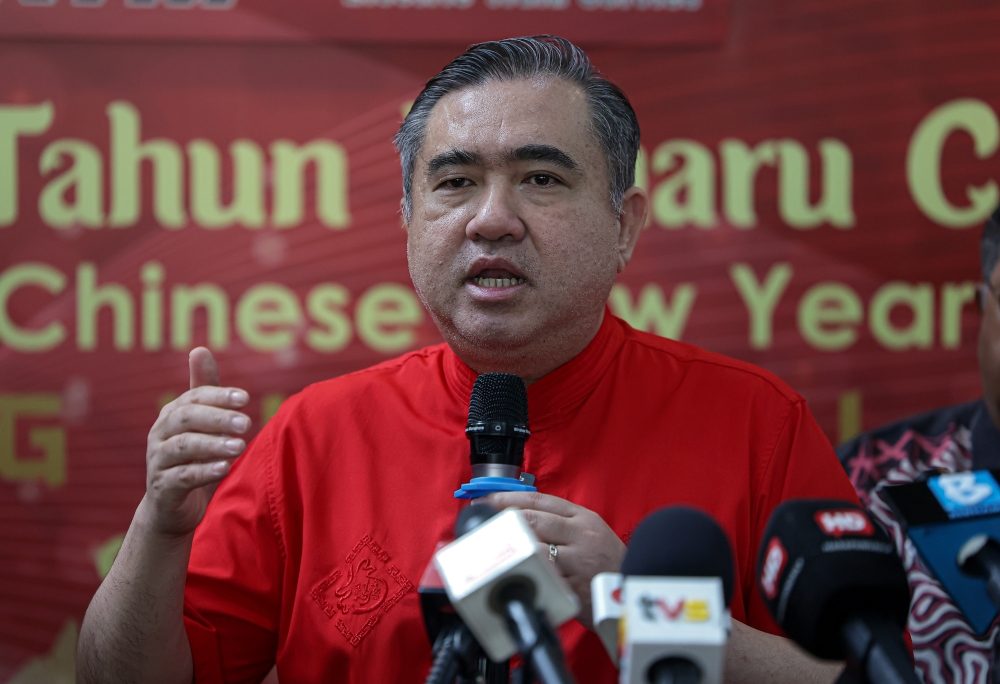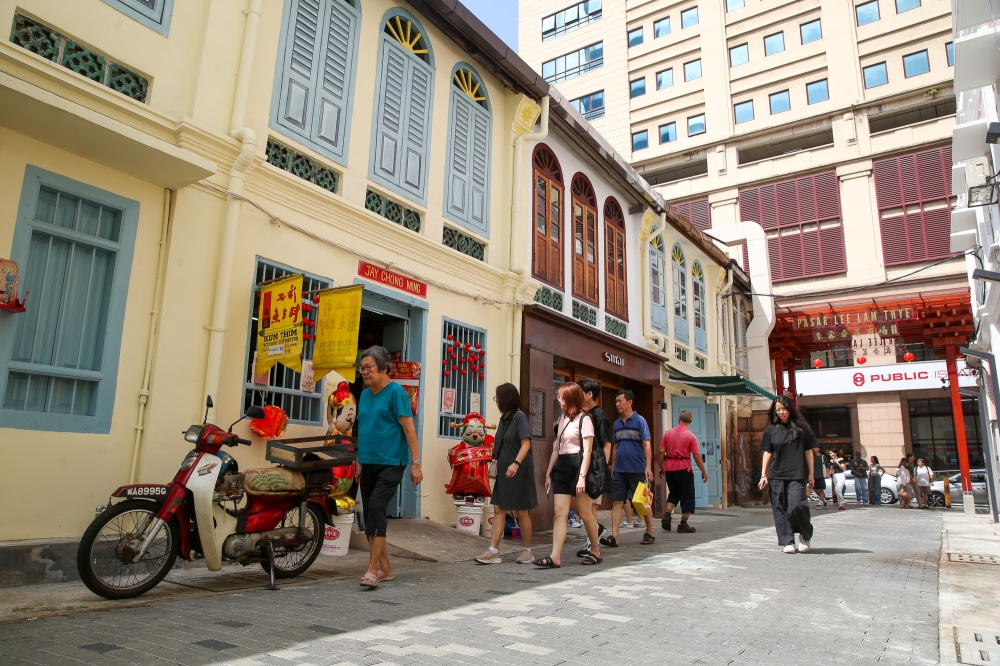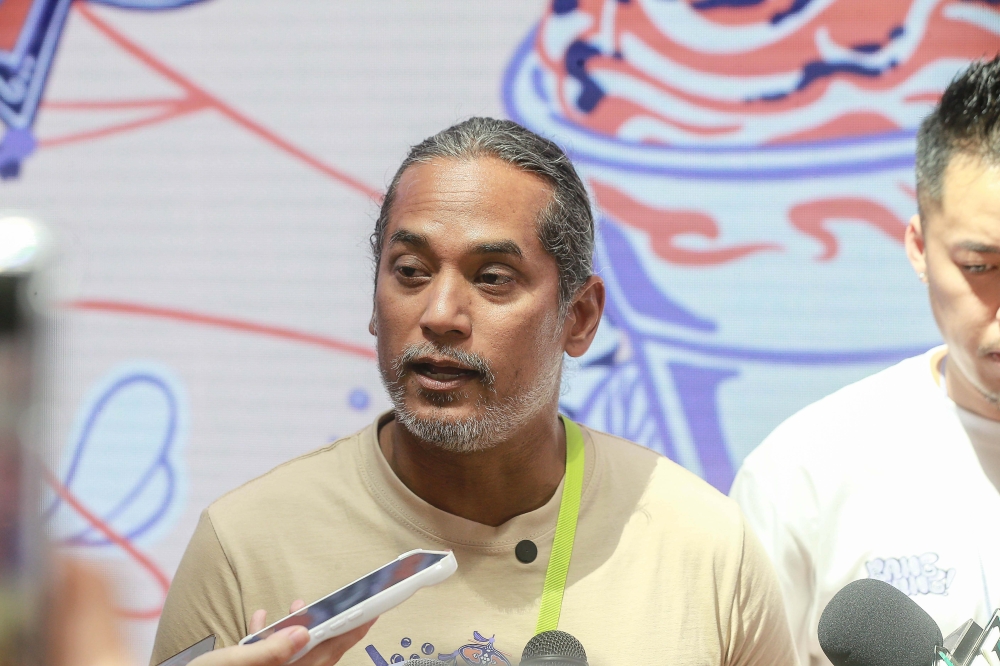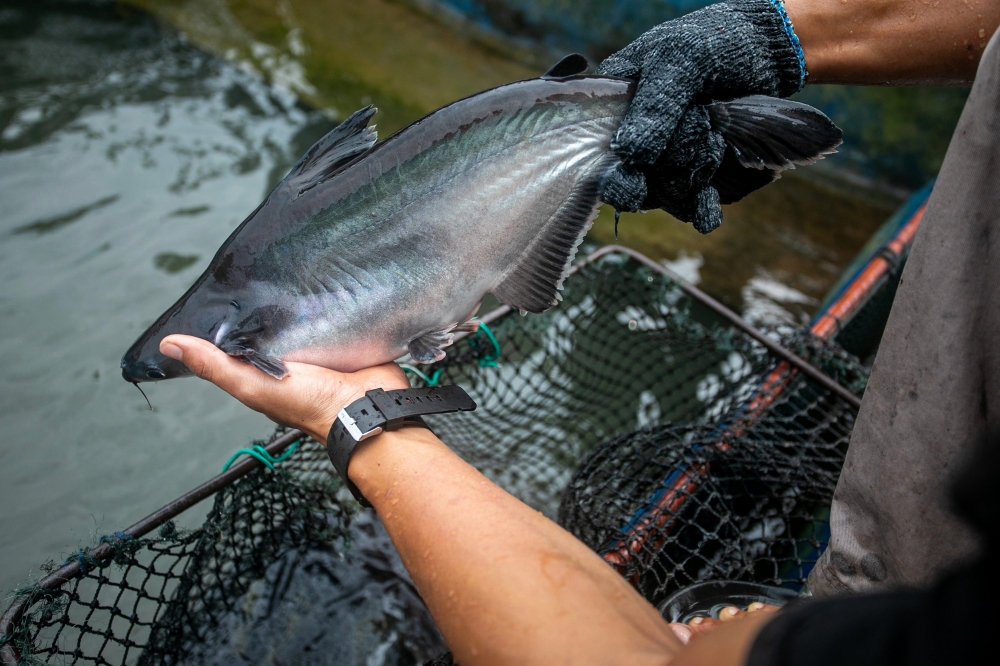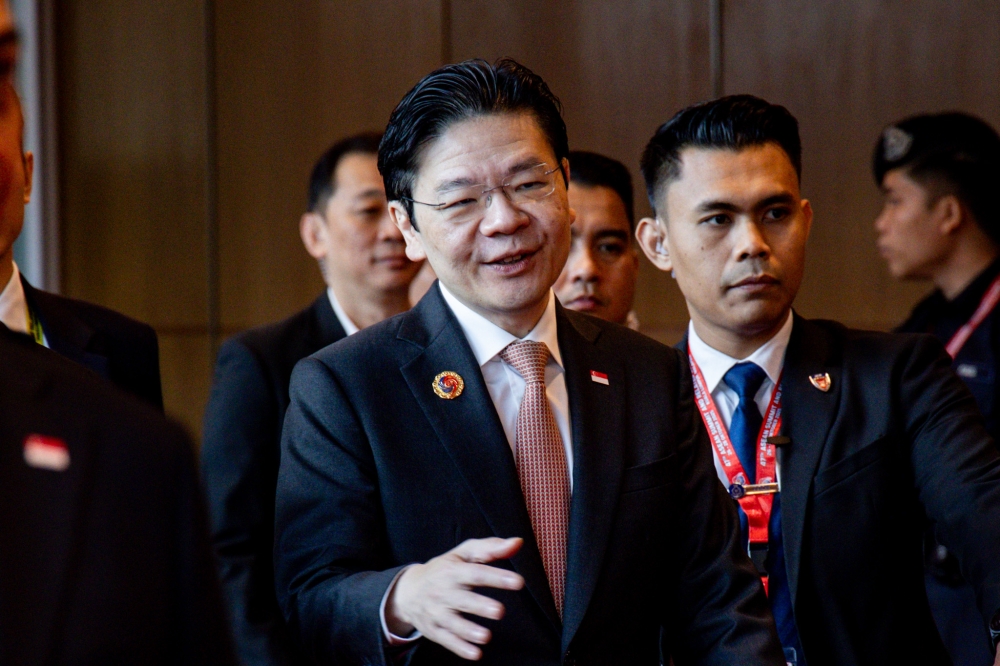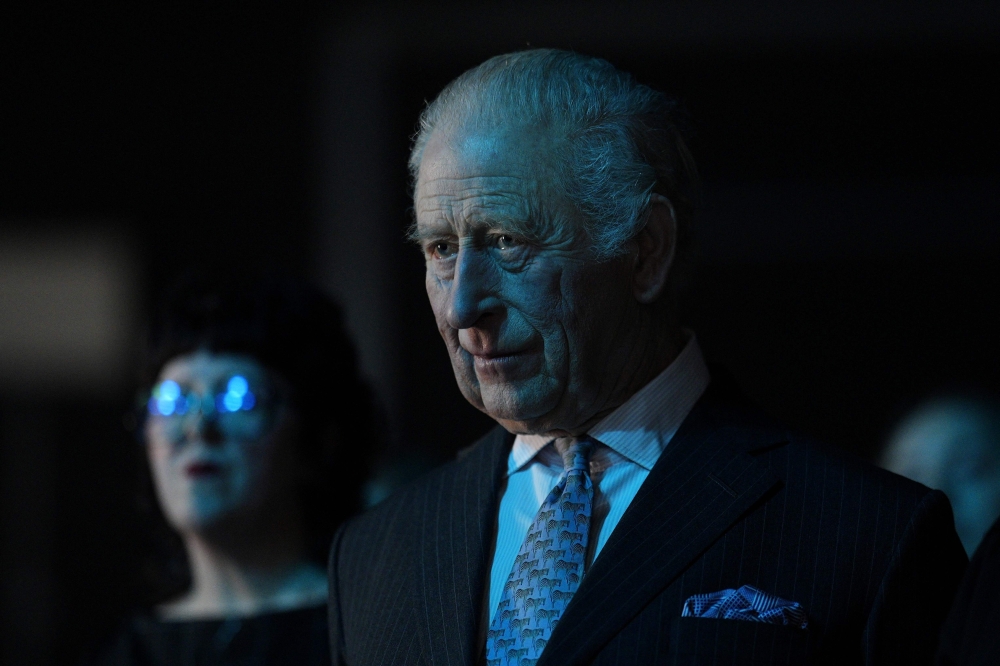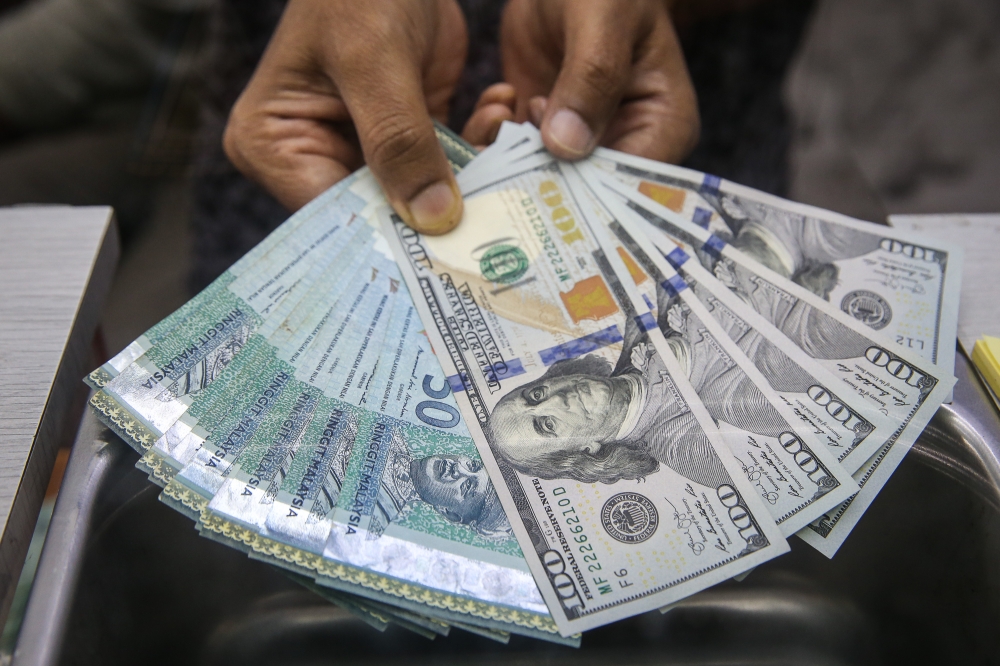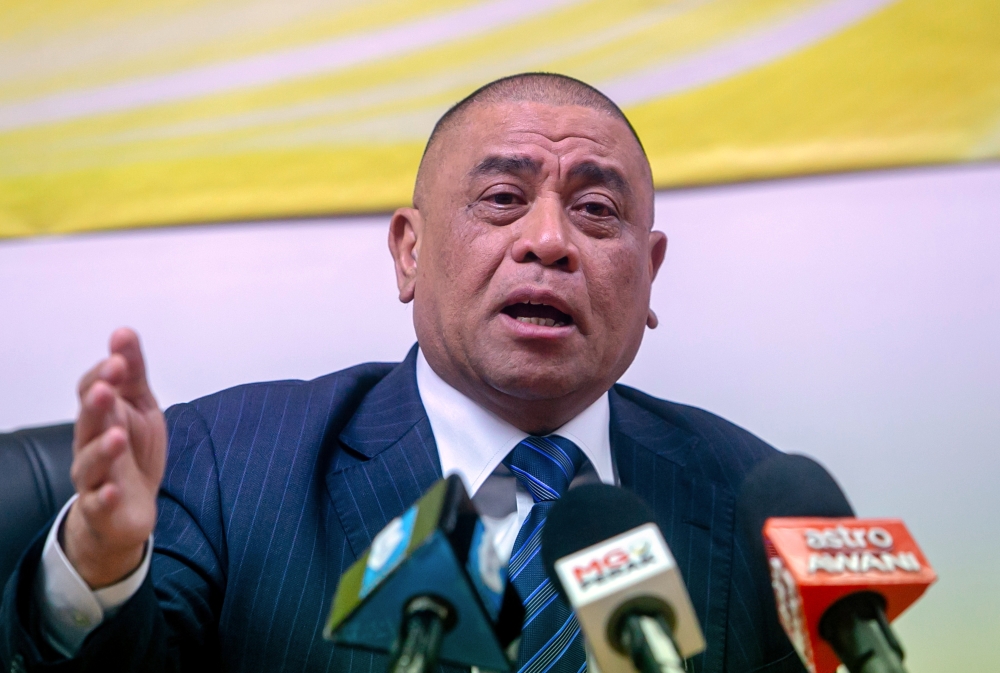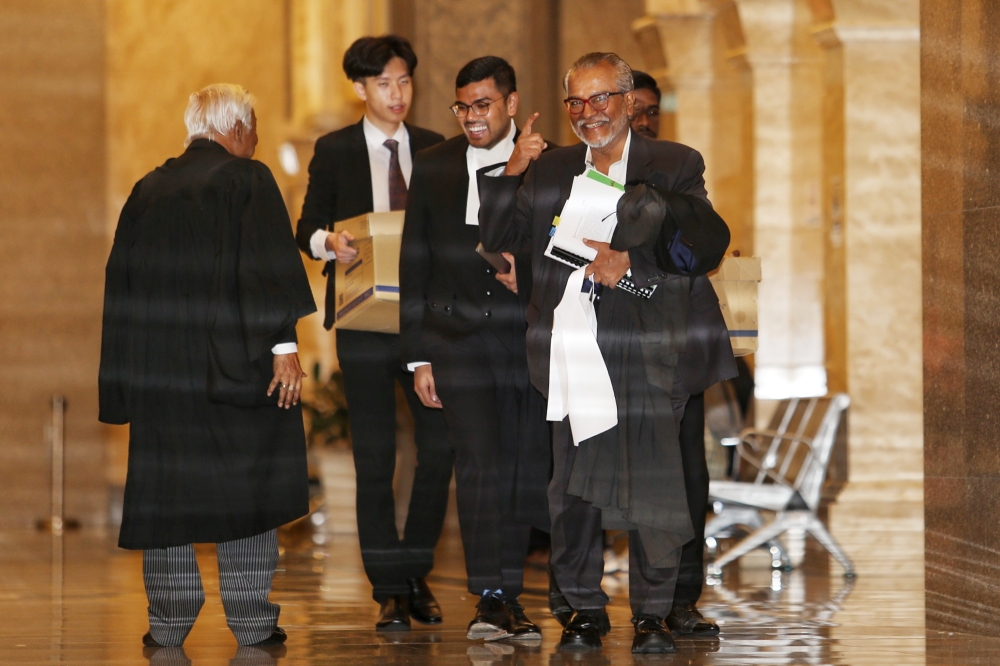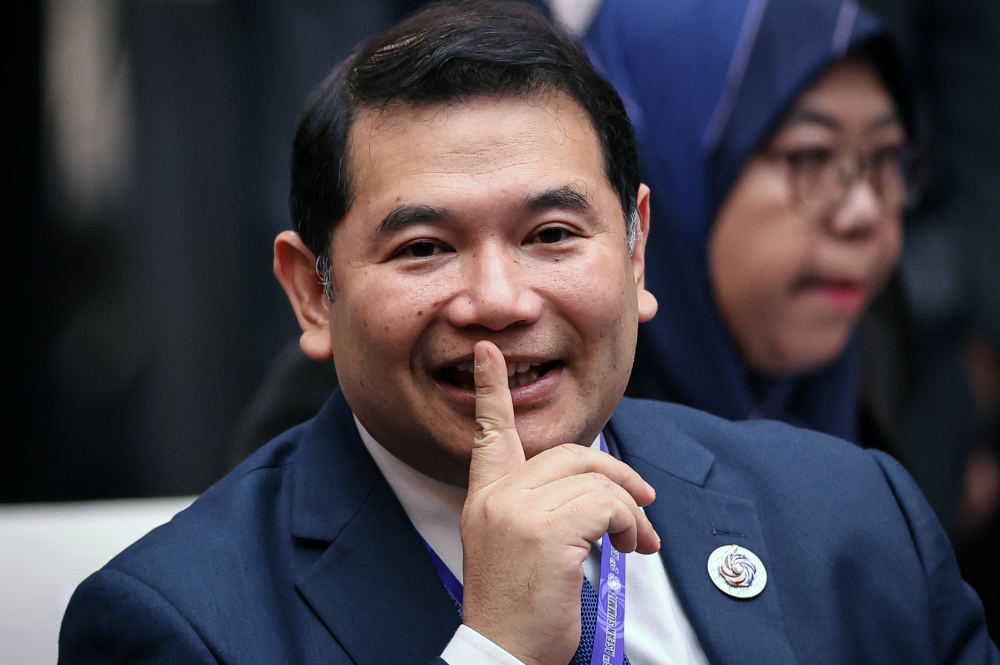- The Federal Court dismissed Datuk Seri Najib Razak’s preliminary objection against the Attorney General’s Chambers (AGC) application to seek leave to appeal a lower court ruling that granted him a judicial review hearing over an alleged “supplementary order” for house arrest.
- The court ruled that the Court of Appeal’s decision allowing Najib to present fresh evidence in his judicial review was final, giving the AGC the right to seek leave to appeal, with a decision set for April 28.
- Najib claims the former Yang di-Pertuan Agong issued an order allowing him to serve his reduced prison sentence under house arrest, and he is seeking a court order compelling the government to produce and execute this alleged directive.
PUTRAJAYA, March 24 — The Federal Court has today dismissed Datuk Seri Najib Razak’s preliminary objection raised against the Attorney General’s Chambers (AGC) application to seek leave to appeal a lower court ruling to grant the former premier a judicial review hearing over a purported “supplementary order” for his house arrest.
A three-member bench, chaired by Chief Judge of Malaya Datuk Seri Hasnah Mohammed Hashim alongside Federal Court judges Datuk Zabariah Mohd Yusof and Datuk Hanipah Farikullah, delivered a unanimous decision.
Najib’s preliminary objection, as argued by his counsel Tan Sri Muhammad Shafee Abdullah, was that the AGC’s leave application is interlocutory in nature and thus did not amount to a “final decision” that dispose of the Attorney General’s (AG) rights.
Mohd Shafee said the matter can be raised later if needed at the High Court, or the Court of Appeal and Federal Court after the merits of the ongoing judicial review application has been decided.
An interlocutory order is a ruling issued by a court while a suit is still ongoing, which does not finally dispose of the case.
Appearing in court for the first time since taking office in November, AG Datuk Mohd Dusuki Mokhtar said the appellate court’s decision in allowing Najib to adduce fresh evidence in his judicial review amounted to finality. Thus, it disposed of the rights of the AGC as an aggrieved party.
Hence, Mohd Dusuki said the AGC as the guardian of public interest has the right to seek leave.
Hasnah said the Court of Appeal’s decision on January 6 — which allowed leave to Najib to have the merits of his “supplementary order” judicial review application be heard — amounted to a final decision with regard to Najib’s bid to adduce further evidence within the meaning of Section 3 of the Courts of Judicature Act (CJA).
“Therefore, the preliminary objection is dismissed,” Hasnah said of the court’s ruling.
The court also fixed April 28 to deliver its decision on the AGC’s leave to appeal and have the seven questions pertaining to the admission of fresh or additional evidence; and the role of the AG in judicial review proceedings be heard.
On January 6, in a 2-1 majority decision, the Court of Appeal remitted the case on Najib’s claim of the existence of an additional document purportedly allowing him to serve the remainder of his six-year prison sentence under house arrest, to the High Court to be heard on its merits.
This decision overturned the High Court’s earlier ruling, which had dismissed his application for leave to commence a judicial review regarding the alleged additional document issued by the former Yang di-Pertuan Agong.
In his application for leave to seek judicial review filed on April 1, 2024, Najib claimed Al-Sultan Abdullah Ri’ayatuddin Al-Mustafa Billah Shah issued the order during the January 29, 2024 meeting of the board, for the former to serve the remainder of his reduced sentence under house arrest.
In the application, Najib alleged that he received confirmation on February 12, 2024, about the issuance of the “supplementary order” or Addendum Order, which would allow him to serve a reduced prison sentence at home instead of the Kajang Prison where he is currently housed.
As part of his judicial review application, Najib seeks to compel the federal government and the Pardons Board to produce a purported “supplementary order” from the previous Yang di-Pertuan Agong that would allow him to serve the remainder of his jail sentence under “house arrest”.
Other reliefs sought by Najib include for the court to compel the execution of said supplementary order.
On February 2, 2024, the Pardon’s Board halved Najib’s sentence to six years for misappropriating funds amounting to RM42 million, which means he could be released as early as August 23, 2028.
Najib has been imprisoned since August 23, 2022, after the Federal Court upheld his conviction for criminal breach of trust, power abuse, and money laundering over the misappropriation of SRC International Sdn Bhd’s funds.
The Pardon’s Board said it had also decided to reduce his RM210 million fine to RM50 million, and his early release would be contingent on him paying this amount.


